What diet changes can naturally optimize men’s testosterone levels?
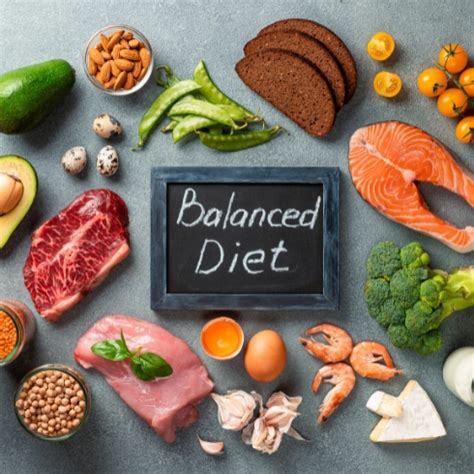
Understanding Testosterone and Its Dietary Connection
Testosterone, the primary male sex hormone, plays a crucial role in men’s health, influencing muscle mass, bone density, fat distribution, red blood cell production, and libido. As men age, testosterone levels can naturally decline, but modern lifestyles and dietary habits can also contribute to suboptimal levels. Fortunately, strategic dietary changes can significantly impact and naturally optimize testosterone production.
Rather than relying on synthetic solutions, focusing on a nutrient-dense, balanced diet provides the building blocks and regulatory signals your body needs to produce testosterone efficiently. This approach supports overall health while addressing hormone balance.

Embrace Healthy Fats for Hormone Production
Cholesterol, a precursor to testosterone, is often misunderstood. Healthy fats are essential for its production. Incorporating a variety of monounsaturated and polyunsaturated fats is key, while limiting saturated and avoiding trans fats.
- Avocados: Rich in monounsaturated fats and vitamin E.
- Olive Oil: A cornerstone of the Mediterranean diet, providing healthy monounsaturated fats.
- Nuts and Seeds: Almonds, walnuts, chia seeds, and flaxseeds offer omega-3 fatty acids and other beneficial nutrients.
- Fatty Fish: Salmon, mackerel, and sardines are excellent sources of omega-3s, which are vital for hormonal health.
Prioritize Lean Protein Sources
Adequate protein intake is crucial for muscle synthesis, which is intrinsically linked to testosterone levels. Furthermore, protein provides amino acids necessary for various bodily functions, including hormone regulation. Aim for lean, high-quality protein sources throughout your day.
- Chicken and Turkey: Lean and versatile protein sources.
- Lean Beef: Contains zinc, iron, and protein, all beneficial for testosterone. Choose grass-fed options when possible.
- Eggs: The yolk is especially beneficial, providing cholesterol, vitamin D, and healthy fats.
- Legumes: Lentils, beans, and chickpeas offer plant-based protein and fiber.
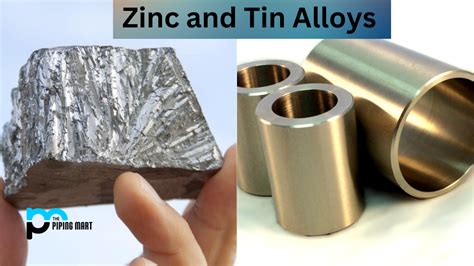
Focus on Key Micronutrients
Several vitamins and minerals play direct roles in testosterone synthesis and regulation. Ensuring adequate intake of these can be a game-changer.
Zinc
Zinc is a critical mineral for testosterone production. Deficiency can lead to a significant drop in levels. Excellent sources include:
- Oysters (one of the best sources)
- Red meat (beef, lamb)
- Pumpkin seeds
- Spinach
- Beans and legumes
Vitamin D
Often referred to as the ‘sunshine vitamin,’ Vitamin D acts like a steroid hormone in the body and is strongly linked to testosterone levels. While sun exposure is ideal, dietary sources include:
- Fatty fish (salmon, tuna, mackerel)
- Fortified milk and cereals
- Egg yolks
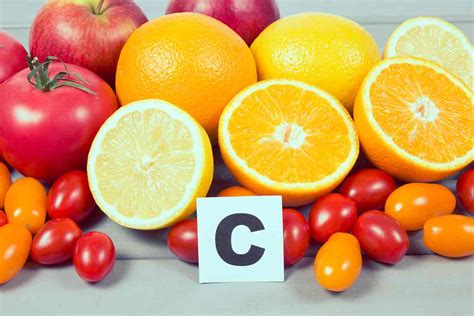
Magnesium
Magnesium can increase free (bioavailable) testosterone in the body. Good sources include:
- Leafy green vegetables (spinach, kale)
- Nuts and seeds (almonds, cashews)
- Avocados
- Dark chocolate
Selenium
This trace mineral is important for testicular function and overall endocrine health. Brazil nuts are an exceptional source.
The Role of Carbohydrates and Fiber
While often debated, a balanced intake of complex carbohydrates is important for energy and overall hormonal balance. Avoid excessive restriction, which can stress the body and negatively impact testosterone. Fiber-rich carbohydrates can also help regulate blood sugar, preventing insulin spikes that can interfere with testosterone production.
- Whole grains (oats, quinoa, brown rice)
- Fruits (berries, apples, oranges)
- Vegetables (broccoli, bell peppers, leafy greens)
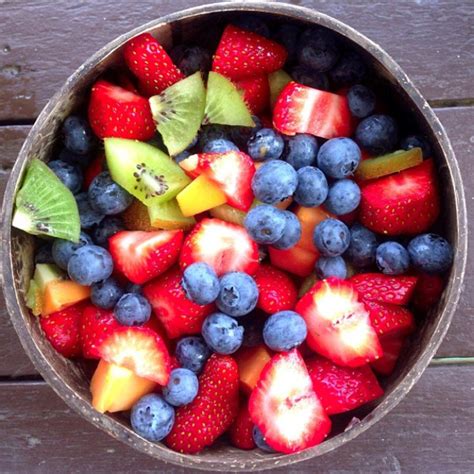
Foods to Limit or Avoid
Just as important as what to eat is what to avoid. Certain foods can have a detrimental effect on testosterone levels:
- Processed Foods and Sugary Drinks: High sugar intake can lead to insulin resistance and negatively impact testosterone.
- Excessive Alcohol: Can impair testicular function and increase estrogen levels.
- Soy Products (in excess): While generally healthy, high intake of soy isoflavones may have estrogenic effects in some individuals, though research is mixed. Moderation is key.
- Trans Fats: Found in many fried and processed foods, these are detrimental to overall health and hormone balance.
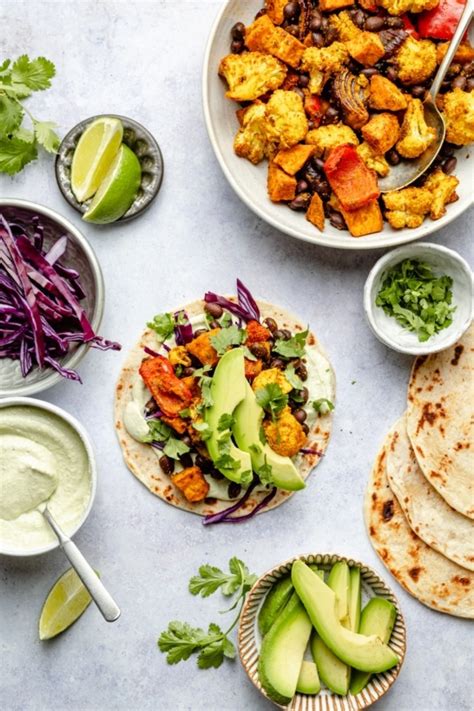
Conclusion: A Holistic Dietary Approach
Naturally optimizing testosterone through diet is a long-term commitment to healthy eating. It involves building a plate rich in diverse whole foods, emphasizing healthy fats, lean proteins, complex carbohydrates, and crucial micronutrients like zinc, vitamin D, and magnesium. By making conscious dietary choices and limiting known offenders, men can support their body’s innate ability to produce testosterone, leading to improved energy, vitality, and overall well-being. Always consult with a healthcare professional before making significant dietary changes or if you have concerns about your hormone levels.









